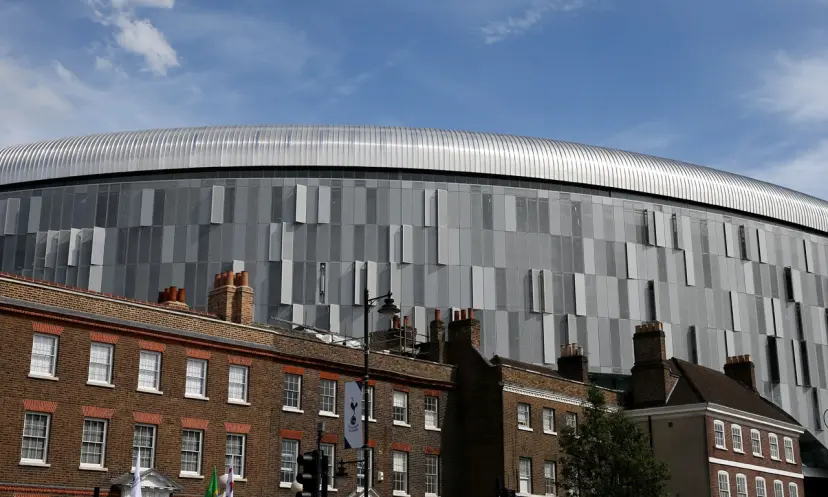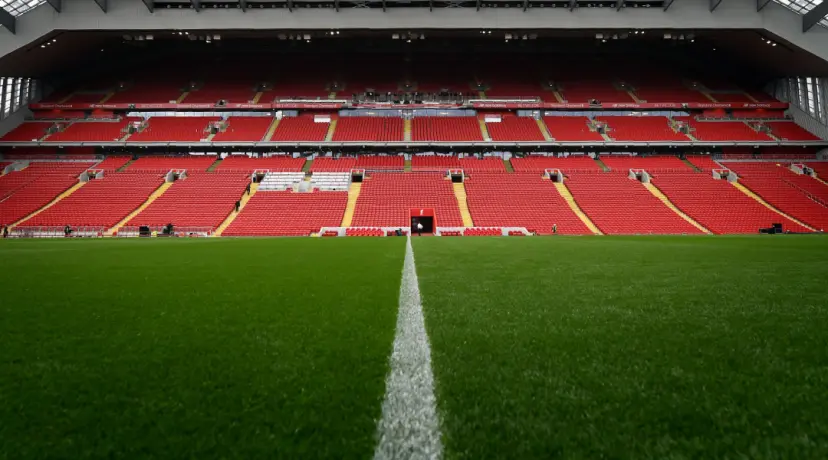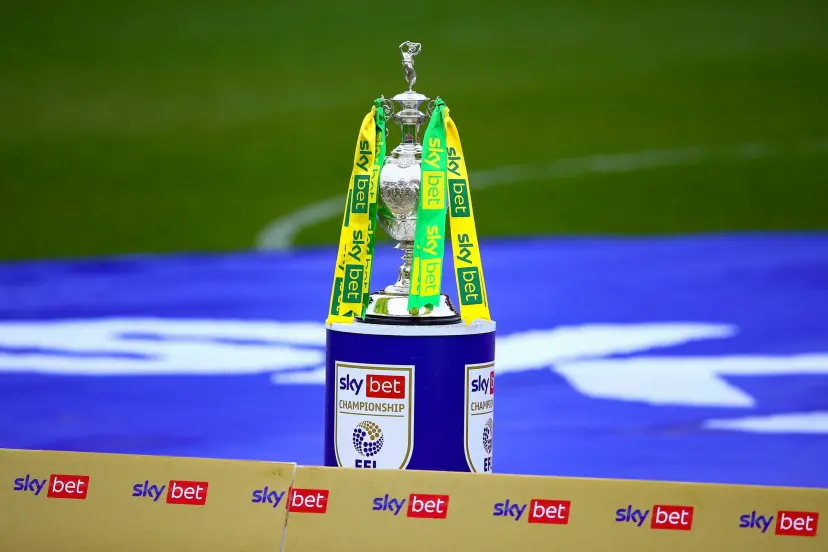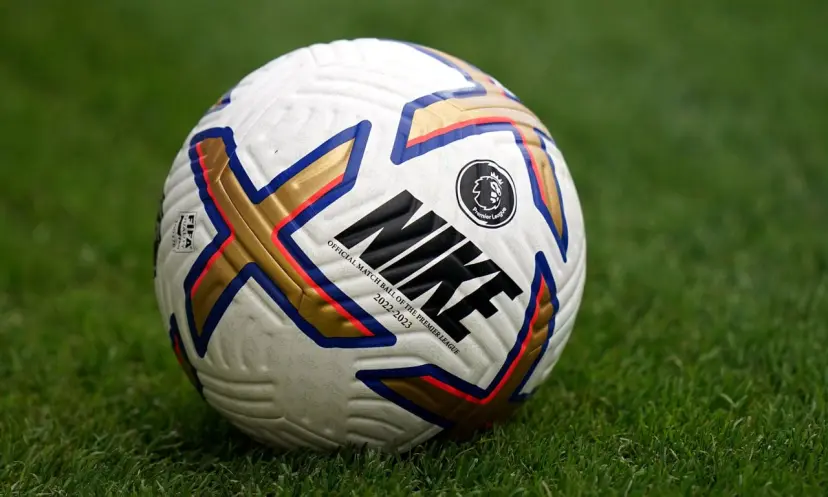Liverpool manager’s fate sealed by failure to take out insurance
Published: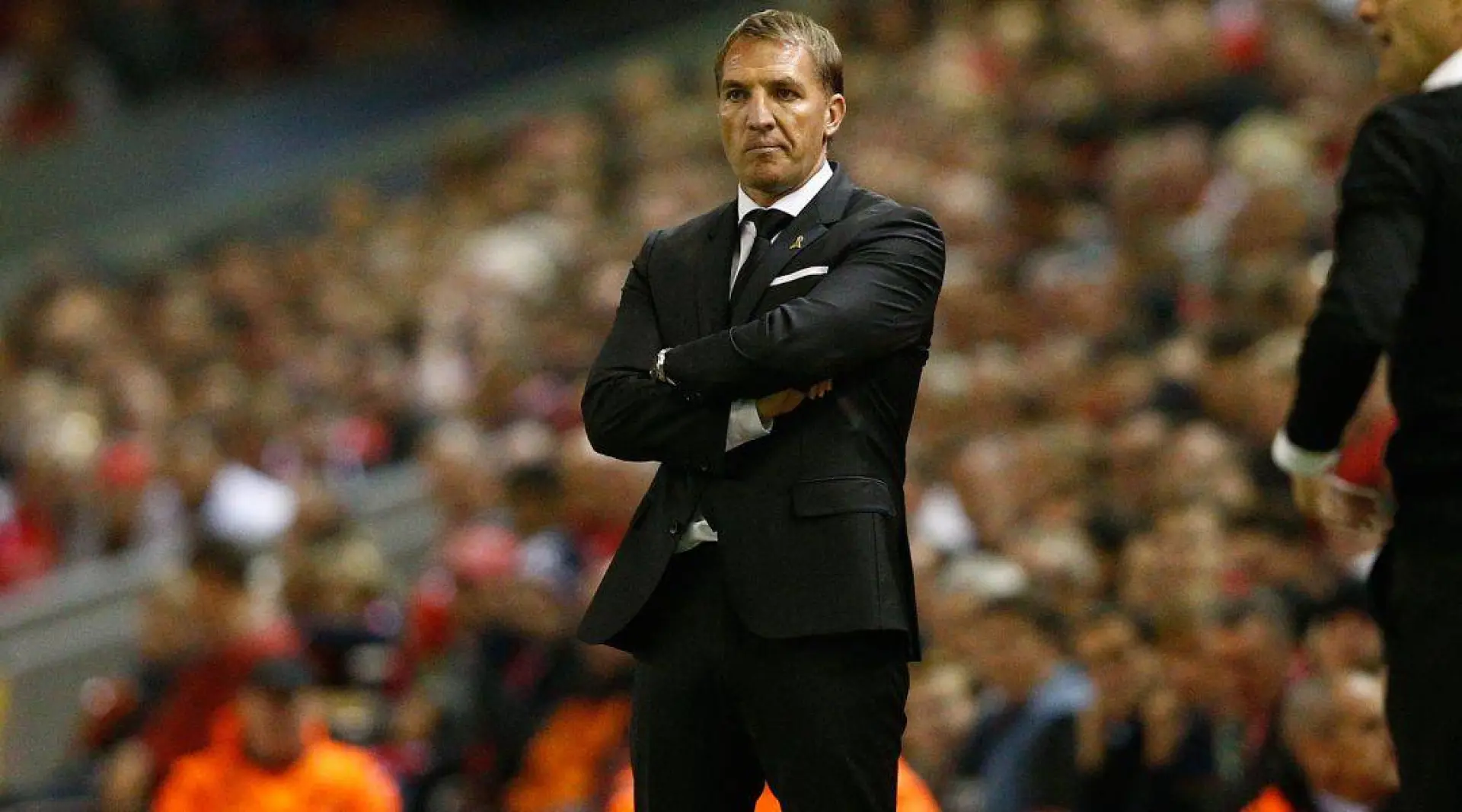
By late April 2014 Brendan Rodgers’ compelling Liverpool side had created a sense of pandemonium that had enveloped Anfield and whipped Reds fans into a global frenzy.
For all the tea in China the club looked to be closing in on the Premier League title after 24 agonising years in which bitter rivals Manchester United had continually rubbed salt in a gaping wound.
Just one season and seven games on from that bubble bursting in equally agonising fashion, Rodgers has received his marching orders from the club’s American owners, Fenway Sports Group.
So where did it all go wrong for Rodgers, the man lauded as the mastermind set to restore a slumbering giant to the pinnacle of English football, but instead, dumped on the managerial pyre?
That slip, tactical naivety, a lack of hardened champions in the dressing room or the cruel intentions of some devious football god, the contributing factors to Liverpool’s epic title meltdown are numerous.
For Rodgers, post mortems are now rendered irrelevant. Brushing with Anfield immortality has ultimately earned him nothing more than scattered sympathy over his outwardly abrupt sacking.
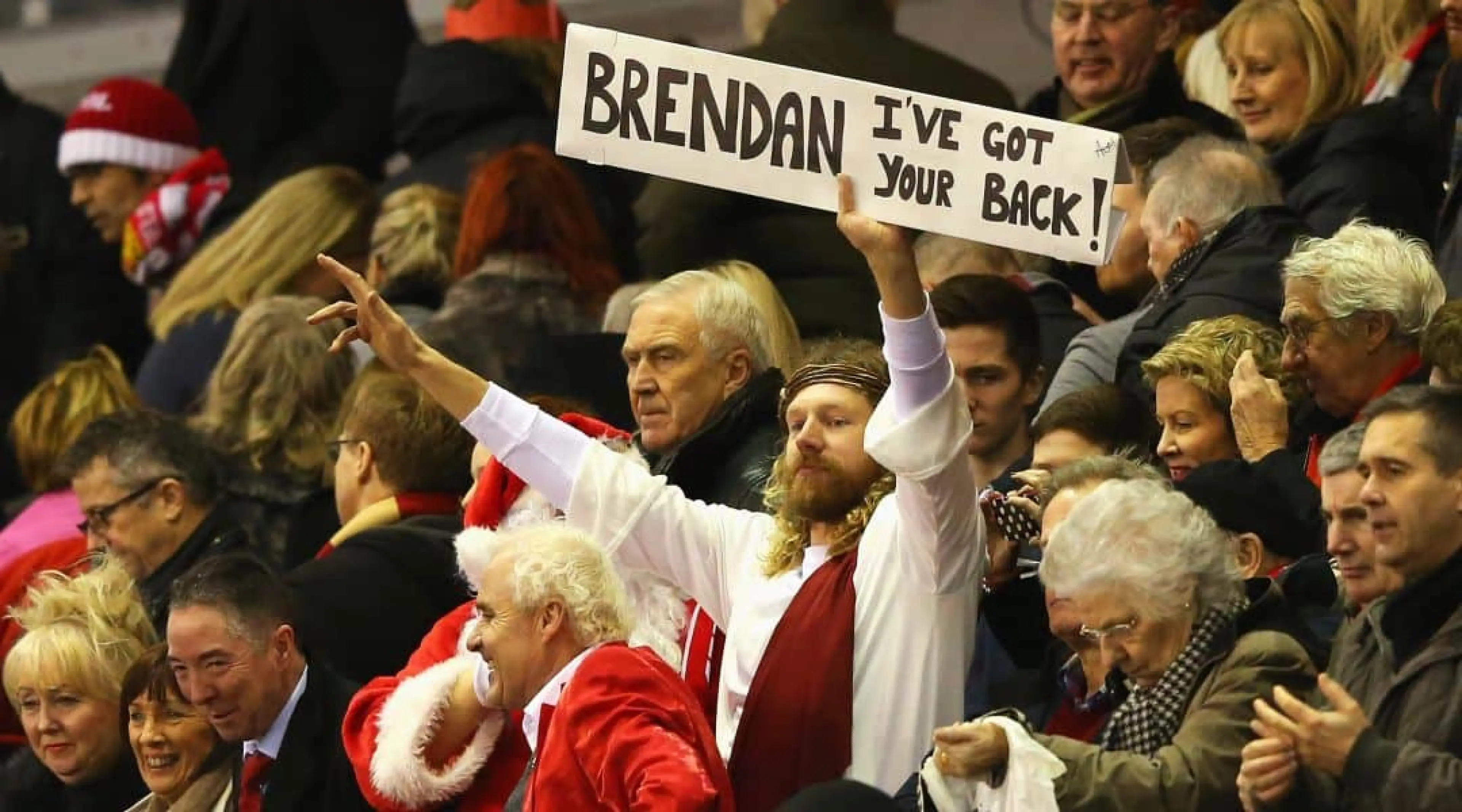
Had the Northern Irishman secured the Premier League his marauding team arguably deserved at the conclusion of 2013/14, the story would obviously be so different.
However, as witnessed countless times in sport; nearly is a byword for nothing. This is especially true under the intense glare of a club with the worldwide profile of Liverpool.
BR wouldn’t have earned total immunity from pressure had the Reds been crowned champions, but by sealing a place in the history books as well as fans’ hearts, he would have shielded himself from the axe for a while yet.
Landing a title would have elevated his status beyond that of the manager subjected to unbearable media pressure just 18 months down the line.
Such levels of scrutiny in the press no doubt hastened what transpired to be a demeaning, pre-meditated departure directly after a derby game he didn’t even lose.
The galvanising effect of winning a championship makes it conceivable the player whose exit is blamed for initiating the countdown on Rodgers’ tenure, may well have snubbed Barcelona to remain on Merseyside too.
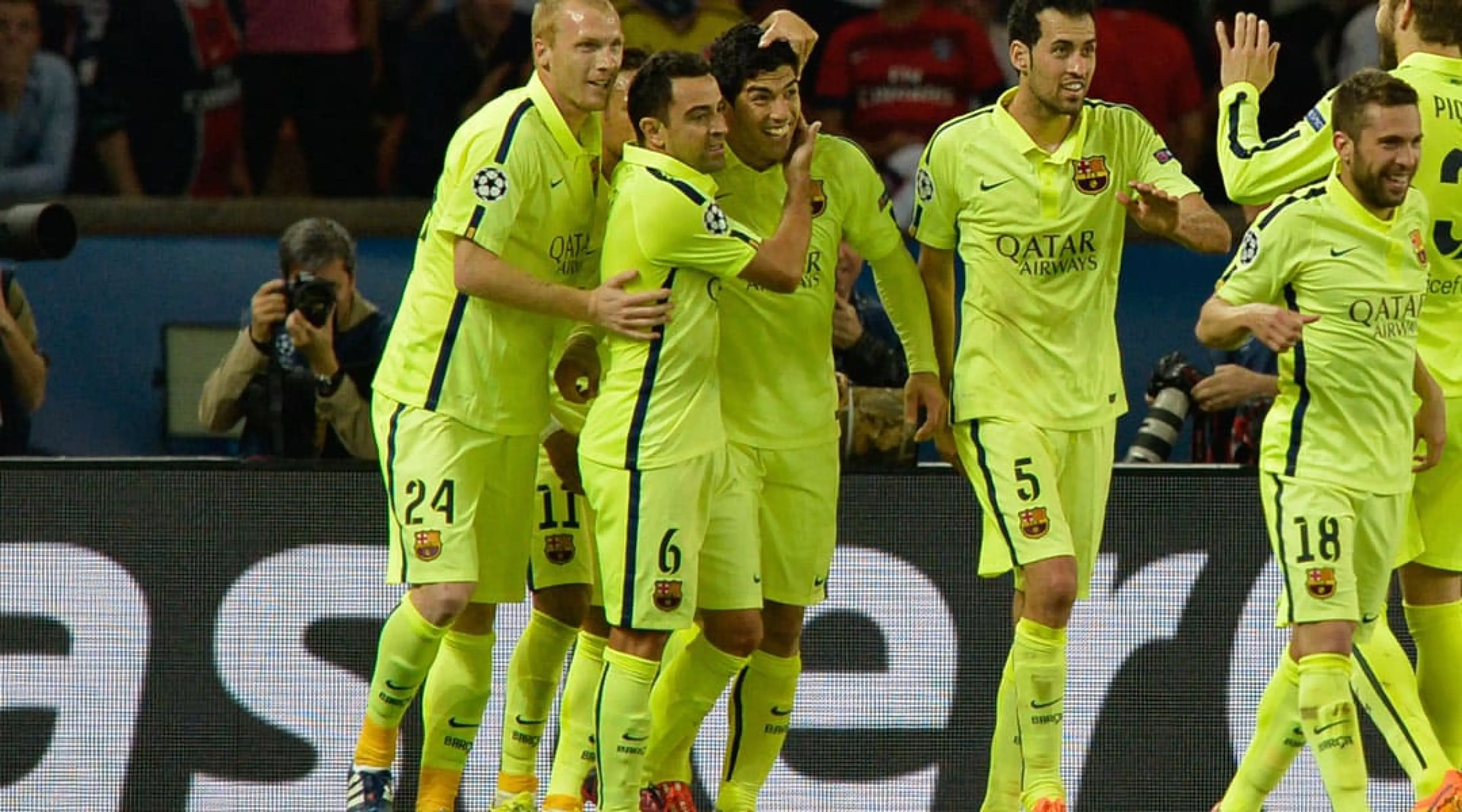
And still, even if the outrageously-talented, yet divisive figure of Luis Suarez had upped sticks, Rodgers’ achievement would have transcended the personnel at his disposal, club legend Steven Gerrard included.
Instead, no title to point to, Rodgers began a totally different, far dicier journey, without any genuine insurance.
Come the end, Liverpool’s bodywork wound up battered by frivolity in the transfer market, misery in Europe, failure to finish in the top four and the absence of any trophies, despite getting into promising positions.
Barely a quarter into a fresh season and FSG clearly felt Rodgers was steering Liverpool into another cul-de-sac that would be even harder to reverse out of, if they remained passive any longer.
In acting so decisively the perception in some quarters, not least managerial ones, is that the Boston-based owners showed a lack of patience.
Actually, this feels a little off the mark when placed in the context of the then Swansea boss’s appointment.
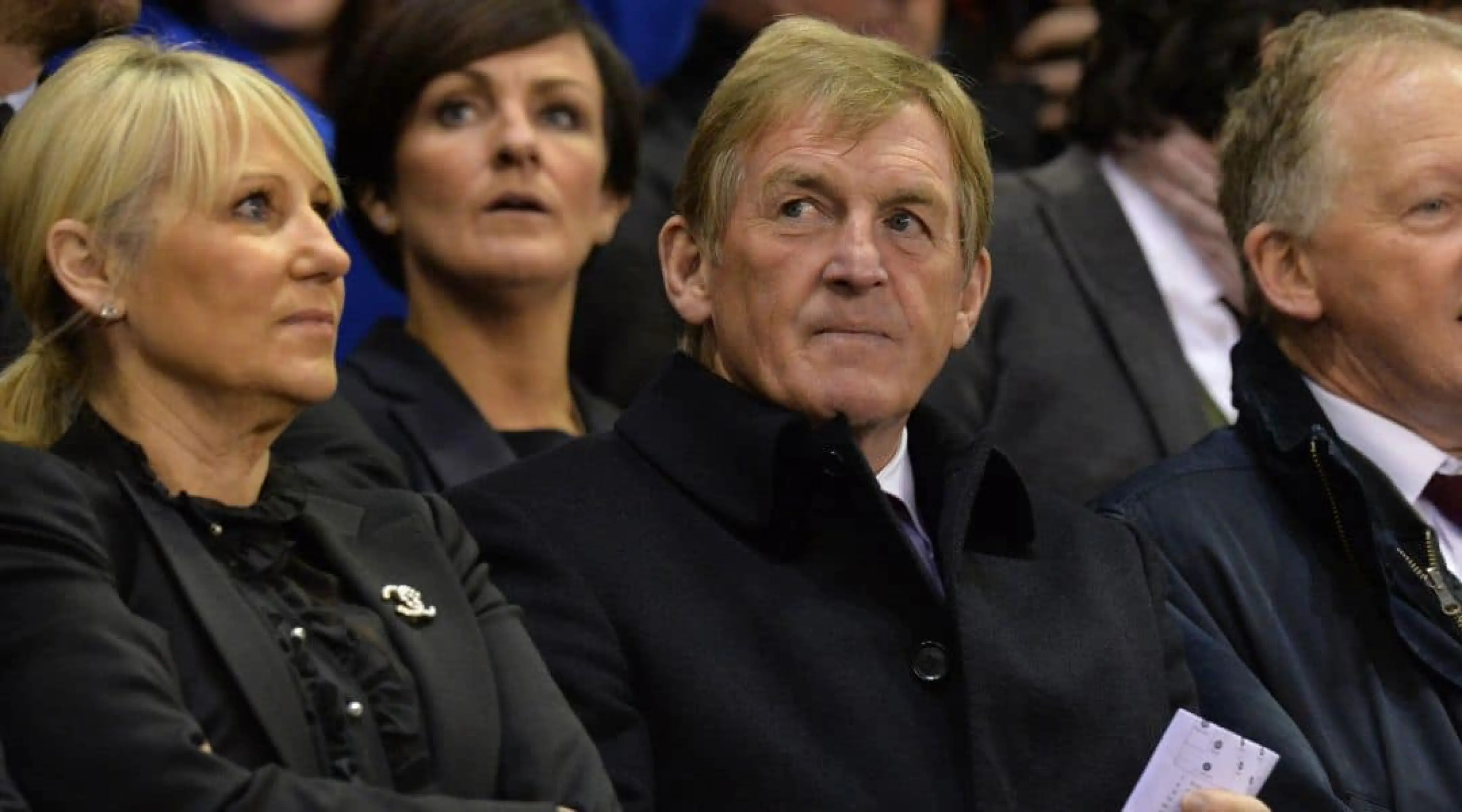
The precocious tactician was selected to take over from Kenny Dalglish in the summer of 2012, a predecessor who had secured silverware only months earlier in the League Cup.
The hand of judgement was far harsher on Dalglish. Despite reaching the FA Cup final as well that season, only attaining eighth place in the Premier League (two places below Rodgers’ final finish) was to bring the King’s second reign to an end.
Failure to demonstrate the squad he had assembled was destined to break back into the lucrative Champions League spots, overrode any sentiment towards a Liverpool icon from Dalglish’s paymasters.
When John W Henry and co pressed the red button on Rodgers by contrast, he had surpassed the three-year mark empty-handed, earning him the unwanted status of becoming the first Liverpool manager since 1954 to endure this length of barren run.
Yes there was the qualification for Europe’s premier competition in between, but two semi-final defeats in the domestic cup competitions in 2014/15 only strengthened theories the former Chelsea Academy coach was a bottler when it mattered most.
The Champions League campaign which preceded those League and FA Cup disappointments was only memorable for one thing, its total ineptitude.
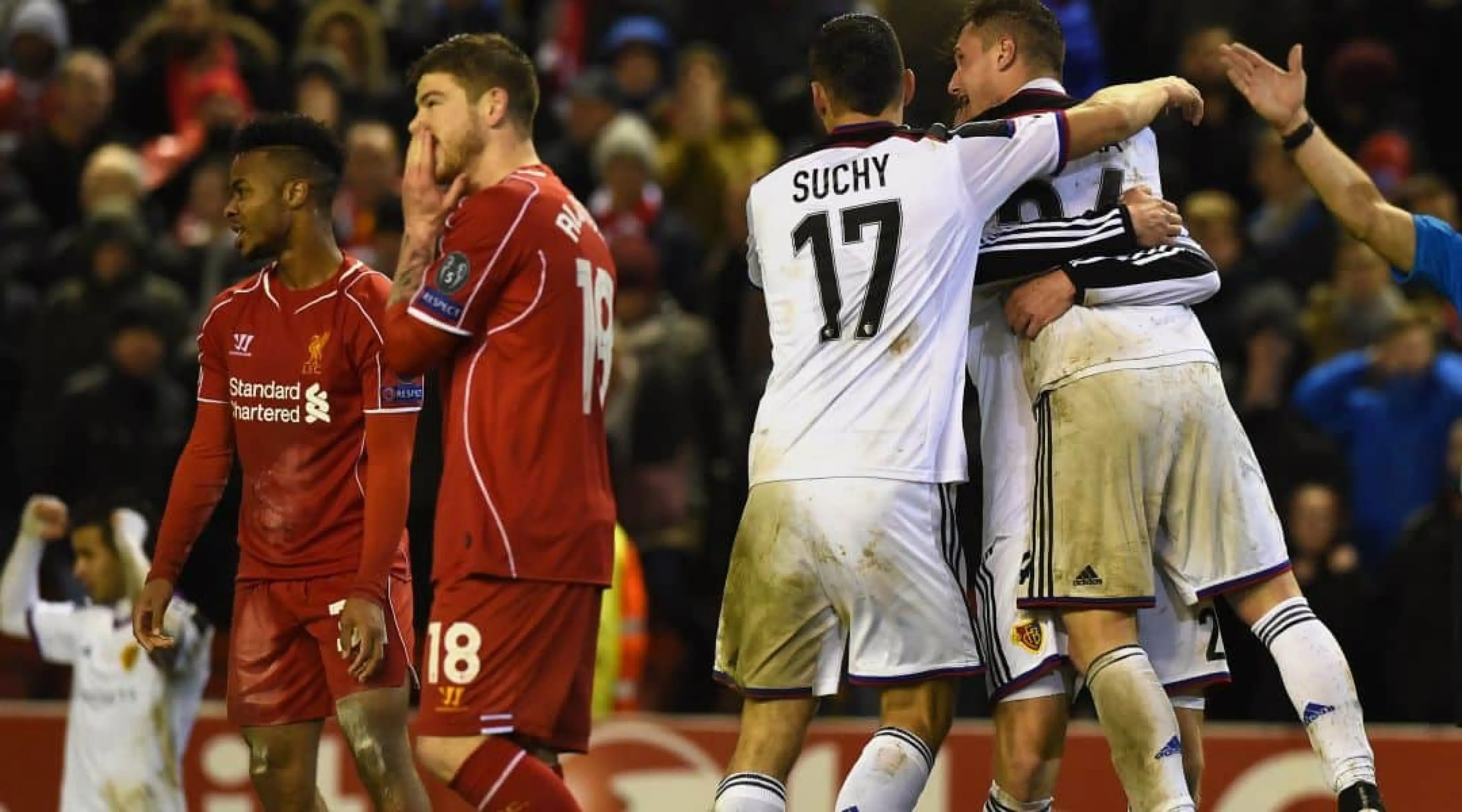
Meanwhile Slaven Bilic’s Besiktas promptly ended hopes of a Chelsea-style Europa League recovery mission.
The margins in football and sport in a wider sense are unique, as time and again people lose their livelihoods by them.
They are finer than sawdust at times, but the resulting blows are thick and heavy. Just look at England’s decision to kick for touch instead of the posts against Wales at the Rugby World Cup.
It would be astonishing if the resulting castigation didn’t involve the issuing of a P45 or two by the RFU.
Rodgers has already been issued with his, and though his pay-off may offer some modicum of comfort, a football man like himself will be devastated that he came within a whisker of glory and spurned the chance.
From the moment Manchester City gratefully accepted the invitation to win a title they must have believed they’d squandered weeks earlier at Anfield, the writing was effectively on the wall for Rodgers.
All Odds and Markets are correct as of the date of publishing.
Fancy a flutter? Sign up today to claim up to £50 in free bets.
